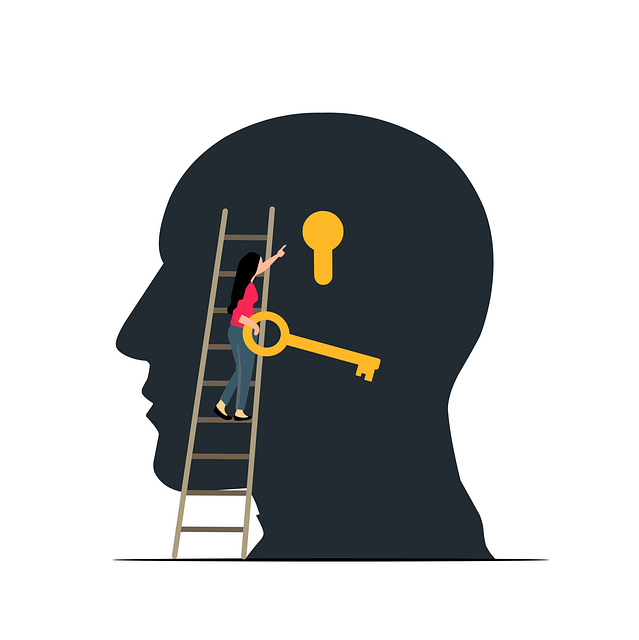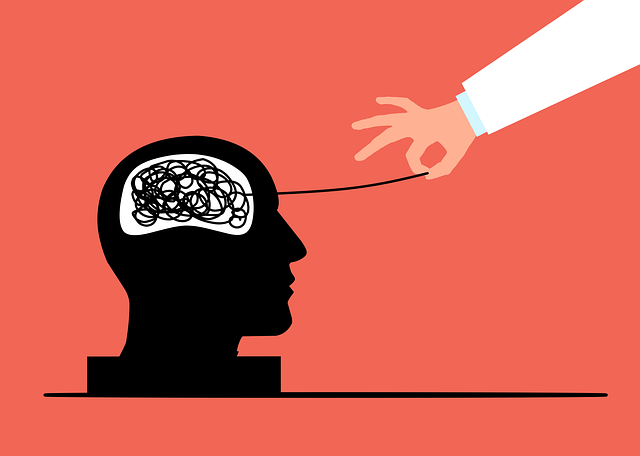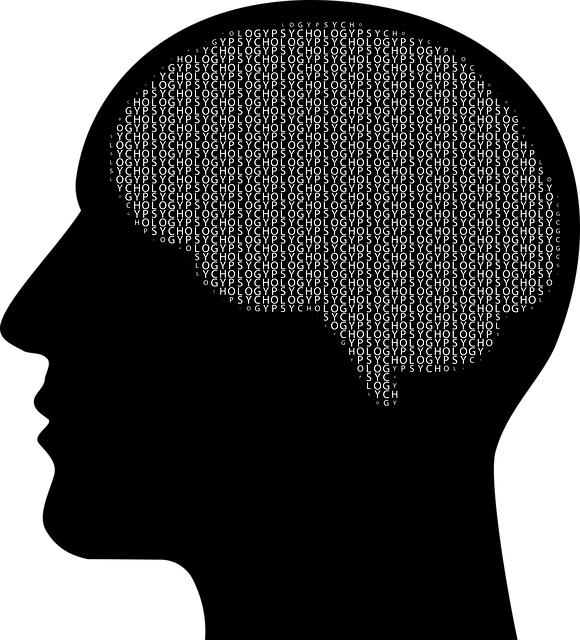Crisis Intervention Team (CIT) training tailored for elder veterans is crucial in addressing their unique mental health challenges, stemming from both aging and combat experiences. These programs equip healthcare providers with specialized tools, including de-escalation techniques, active listening, and mindfulness meditation, to offer coping strategies adapted to veteran needs. By promoting self-care for providers and developing public awareness campaigns, these training initiatives enhance the transition from military to civilian life for elder veterans, providing therapy and improved overall well-being.
In today’s digital era, addressing the unique challenges faced by elder veterans is paramount. Crisis intervention team training programs play a pivotal role in equipping professionals with essential skills to support this vulnerable population. This article explores the intricate issues surrounding the elder veteran crisis, dissects the components of effective crisis intervention training tailored for veterans, and highlights the transformative benefits of implementation, fostering a more supportive network for therapy for elder veterans.
- Understanding Elder Veteran Crisis: Unveiling the Unique Challenges
- Components of Effective Crisis Intervention Training for Veterans
- Implementation and Benefits: Preparing a Supportive Network for Elder Veterans
Understanding Elder Veteran Crisis: Unveiling the Unique Challenges

The crisis intervention team (CIT) training programs for elder veterans are crucial in addressing a unique set of challenges faced by this demographic. The veteran population, with its rich service history, often grapples with age-related issues alongside the psychological scars of combat. These dual burdens create a complex web of difficulties that require specialized understanding and approach.
Elder veterans may experience heightened risks of depression, anxiety, and post-traumatic stress disorder (PTSD) as they navigate the aging process. The transition from military to civilian life can be particularly challenging, exacerbating existing mental health concerns. Effective CIT training equips healthcare providers with essential tools for mood management and coping strategies tailored to veteran needs. Incorporating mindfulness meditation techniques into therapy for elder veterans has shown promise in improving mental resilience and overall well-being. Moreover, cultural competency training ensures providers are equipped to offer empathetic support, recognizing and respecting the unique cultural experiences and backgrounds of this population.
Components of Effective Crisis Intervention Training for Veterans

Effective crisis intervention training for veterans should encompass several key components to ensure positive outcomes. Firstly, specialized programs must be designed to cater to the unique needs and experiences of elder veterans, considering their age-related mental health challenges. Therapy tailored for this demographic can address specific issues such as PTSD, depression, and cognitive decline often associated with aging and military service.
Incorporating evidence-based practices in training is vital. This includes teaching de-escalation techniques, active listening skills, and crisis management strategies. Additionally, promoting self-care among healthcare providers is crucial to prevent burnout—a common issue in the field. Development of public awareness campaigns around mental health can further normalize discussions on veteran crises, encouraging early intervention and support seeking.
Implementation and Benefits: Preparing a Supportive Network for Elder Veterans

Implementing crisis intervention team (CIT) training programs specifically tailored for elder veterans can significantly enhance their mental health awareness and overall well-being. These specialized programs equip caregiving networks with the skills to recognize and respond to crises effectively, fostering a supportive environment for our aging military veterans. By training family members, caregivers, and community members in CIT techniques, we create a safety net that promotes timely interventions and improves access to therapy for elder veterans.
The benefits extend beyond immediate crisis management. Enhancing mental wellness through CIT training encourages journaling exercises that allow veterans to process their experiences and emotions. This practice aligns with broader mental health policy analysis and advocacy efforts, underscoring the importance of addressing unique challenges faced by our veteran population. Ultimately, these programs contribute to a holistic approach to mental health, ensuring elder veterans receive comprehensive support tailored to their needs.
Crisis intervention team training programs are essential in equipping caregivers and support networks with the necessary tools to address the unique challenges faced by elder veterans. By integrating these programs, we can enhance the quality of care and foster a supportive environment for this vulnerable population. Effective crisis intervention training empowers individuals to recognize and respond to distressing situations, ultimately improving the overall well-being of elder veterans through tailored therapy.








